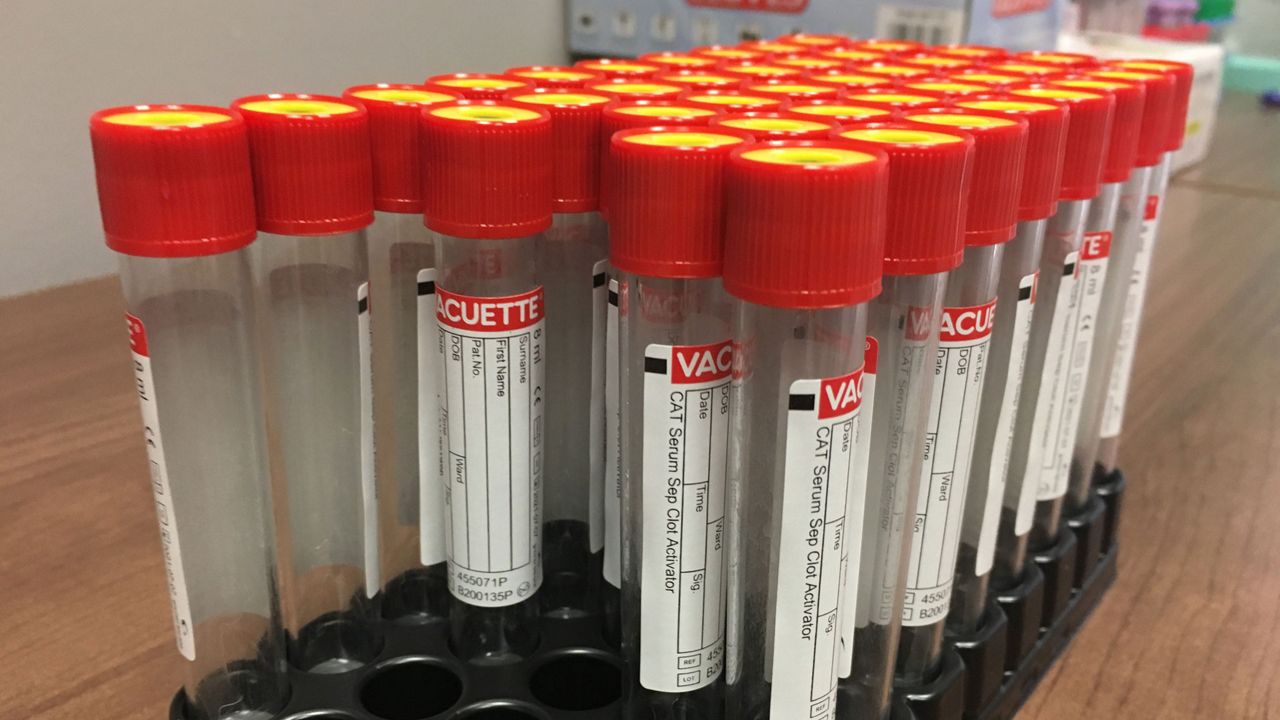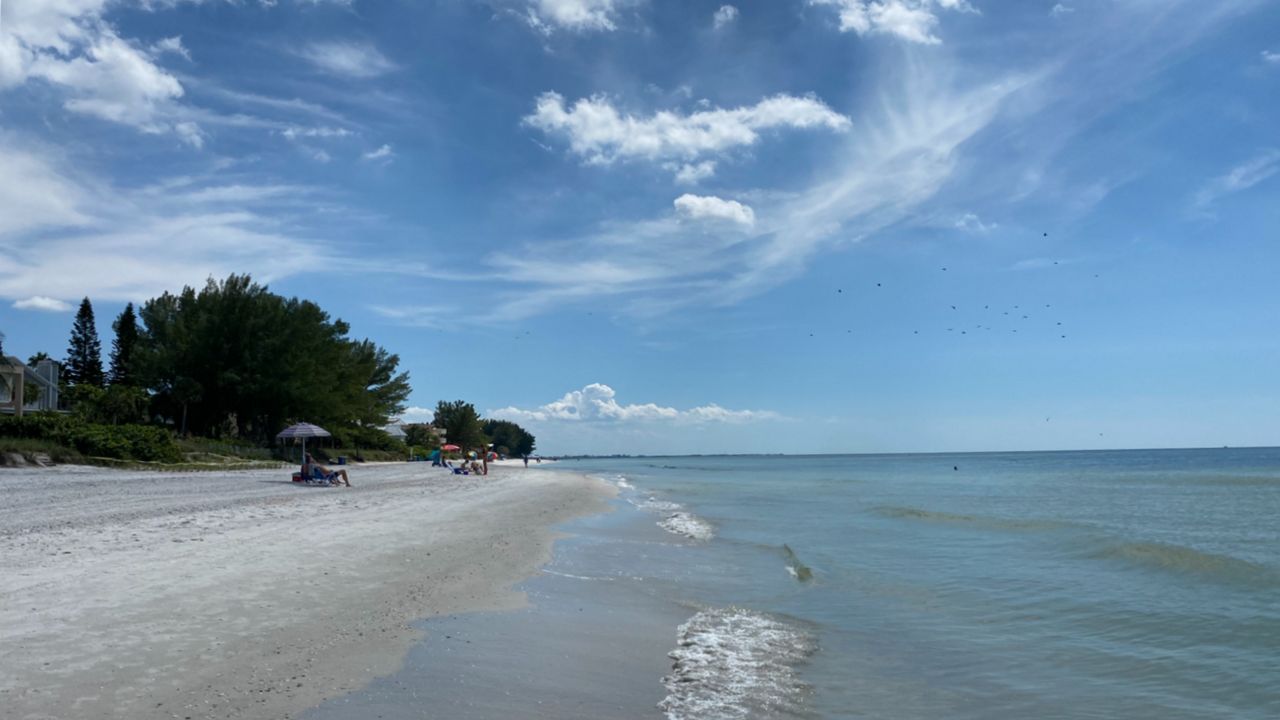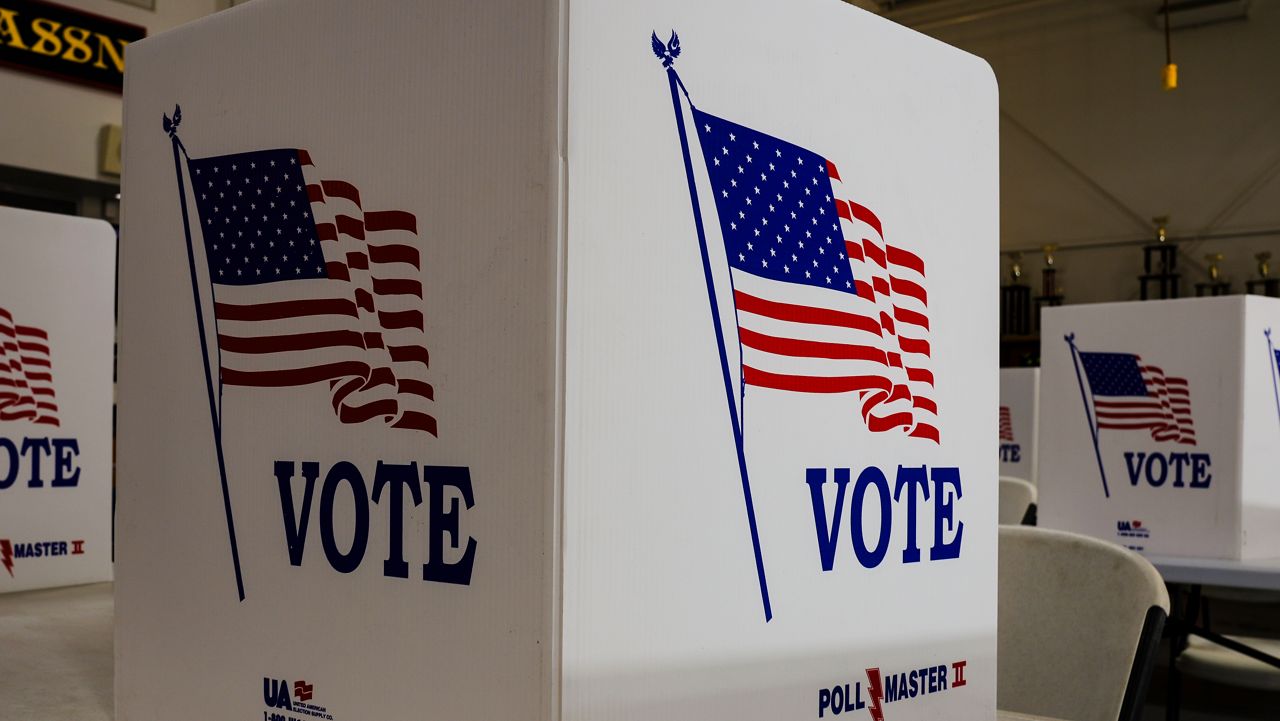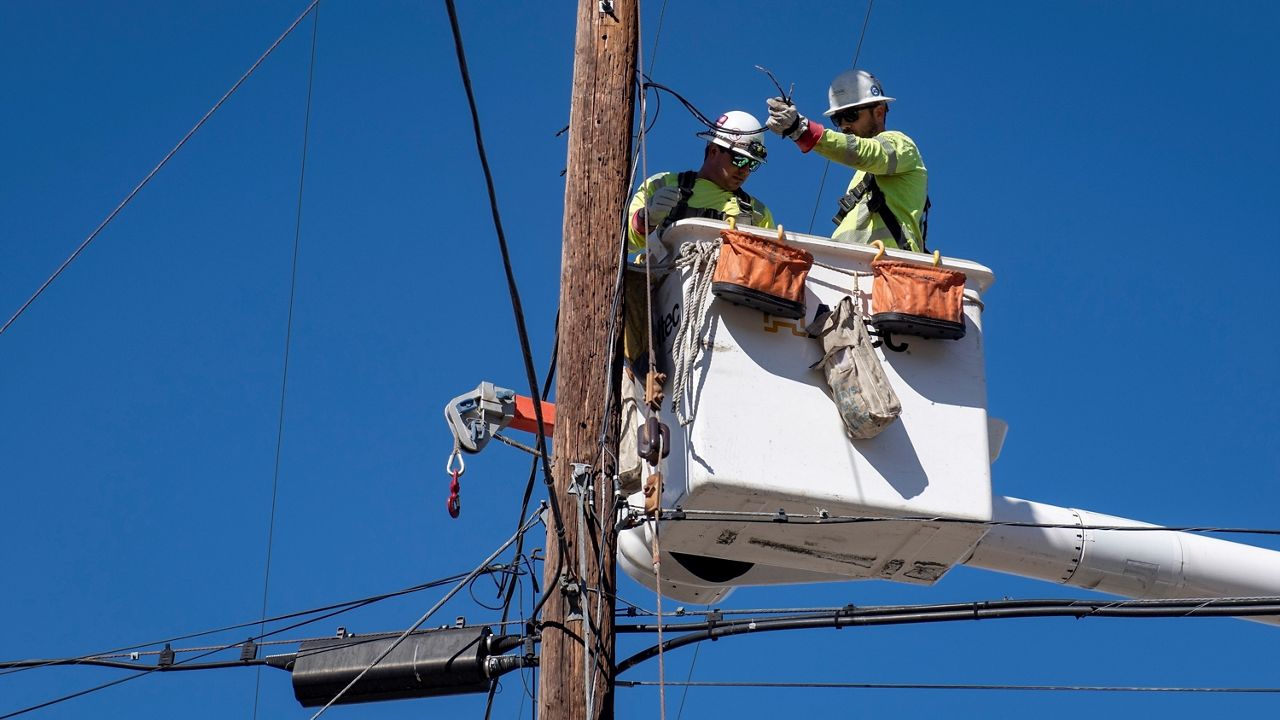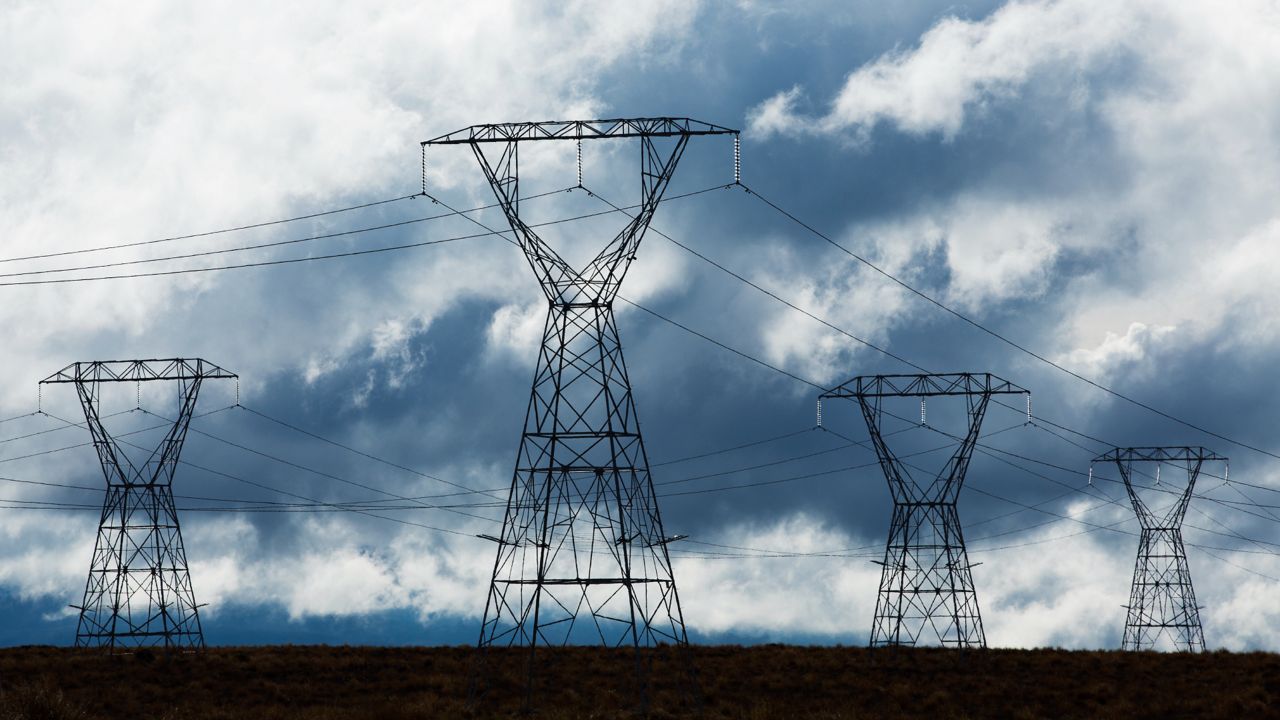TAMPA, Fla. -- COVID-19 antibody testing has been touted by national and state officials as possibly playing an important role in reopening the country, but Spectrum Bay News 9 has heard from viewers who say the process of finding available testing has been difficult.
- ARCpoint Labs in Tampa offering one version of antibody testing
- Their testing not FDA approved
- More coronavirus stories
"I'm very frustrated," said Peg Polosino of Palm Harbor. "There are people dying, and if I have antibodies and I could donate my plasma and help people live, I would love to do that."
Polosino doesn't know for sure if she had COVID-19. She said she became ill in December, before there was widespread awareness of the virus.
"I had no energy. I was fatigued. I just had no appetite. I stayed in bed for days," said Polosino, who said she tested negative for the flu. "I have had, in the past, mononucleosis, I've had pneumonia, and it felt like I had both of them together."
Polosino said she's hoping antibody testing could provide answers about whether she had the virus and if she's immune, but she's had no luck when it comes to finding out how to get tested.
ARCpoint Labs' Tampa location began offering one version of the test about two weeks ago.
"It's crazy demand right now -- people looking for this test because everyone wants to see if they're infected and if they can help out," said Khyati Patel, owner of ARCpoint's Tampa office.
Patel said about 150 people have been tested, with some coming from as far away as Orlando and Naples. She said around 15 came back positive for antibodies.
"Lots of people, they say, 'We had the flu, we don't know. The flu turned out negative. We did the strep throat, that turned out negative. So, we just wanted to check if we were infected with the virus or not.' And they can just have that peace of mind," Patel said.
ARCpoint's website notes that doesn't necessarily mean future infections will be prevented.
"The scientists are still researching," said Patel. "They also don't know how long the antibody stays in the system, so we cannot guarantee that it will stay for one year, two years, so we have no answers about how long the immunity stays."
The lab's website also states that the blood draw test it offers hasn't been reviewed by the FDA. It is available without a doctor's recommendation.
Customers have to pay $200 for it at the lab, and while Patel said some told her they planned to submit it to their insurance, she said she didn't know if providers cover part or all of the cost.
Quest set to offer antibody testing
In addition to ARCpoint, Quest Diagnostics announced this week its locations nationwide will offer the antibody testing.
In a news release, it said the service is based on tests from Abbott and EUROIMMUN and that it had completed independent validation studies on both. It said both are marketed under the FDA's Policy for Diagnostic tests for Coronavirus Disease-2019, with Abbott planning to submit for FDA Emergency Use Authorization and EUROIMMUN in the process of seeking EUA.
"As the FDA has indicated, antibody testing has the potential to help health care professionals identify people who have been exposed to COVID-19 and who have developed an immune response," said Quest Senior VP and Chief Medical Officer Dr. Jay G. Wohlgemuth. "In addition, FDA has indicated that antibody testing can help identify those who could contribute a part of their blood, called convalescent plasma, which may provide an avenue for possible treatment for those who are seriously ill from coronavirus."
The Quest test is available to patients who have a test requisition from a health care provider, are asymptomatic and have been so for at least ten days, don't have a fever, and are wearing a face mask.
While it hasn't been tracking availability or cost of the tests closely, officials with the Association of Public Health Laboratories, a nonprofit that aims to strengthen lab systems serving the public's health, said antibody testing is something that's on their radar.
"I think we've been pretty concerned with the accuracy of the tests that are being offered, since there's very little data that are available to judge the accuracy," said APHL Infectious Disease Director Kelly Wroblewski. "We are aware of some agencies within the federal government that are conducting evaluations of some of the tests that are out there to get a better sense of the data. Really, the things that you do want to look for are sensitivity and specificity."
Wroblewski said because there are seasonal coronaviruses related to COVID-19, it's particularly important to make sure tests don't misidentify antibodies.
"Certainly, serologic tests do not have the direct diagnostic value that the tests currently being used to test directly for the viral RNA, but there would be limited clinical value in serologic tests, particularly as we are trying to understand the level of immunity that is conferred and how long that immunity might last," said APHL Chief Program Officer Eric Blank.
Wroblewski also noted it could be beneficial to institutions working to develop immunotherapies.
As for the cost, Blank noted the Centers for Medicare & Medicaid Services hasn't set a reimbursement rate for the antibody tests, but he believes the price range will be whatever the market can bear.




